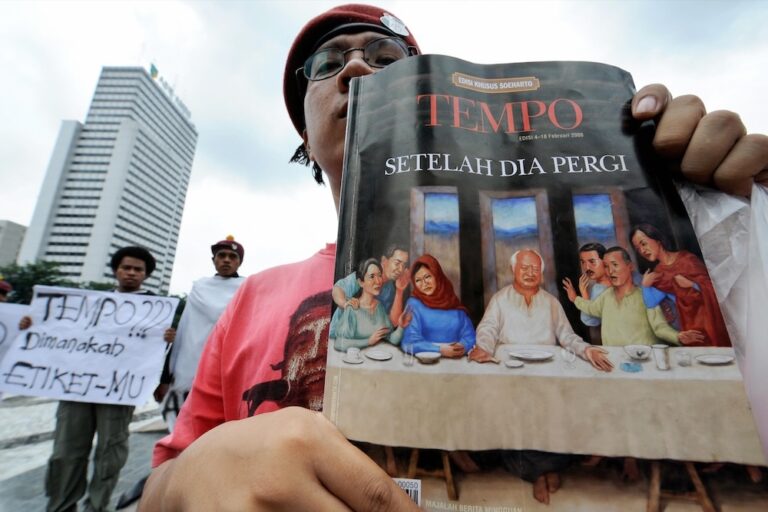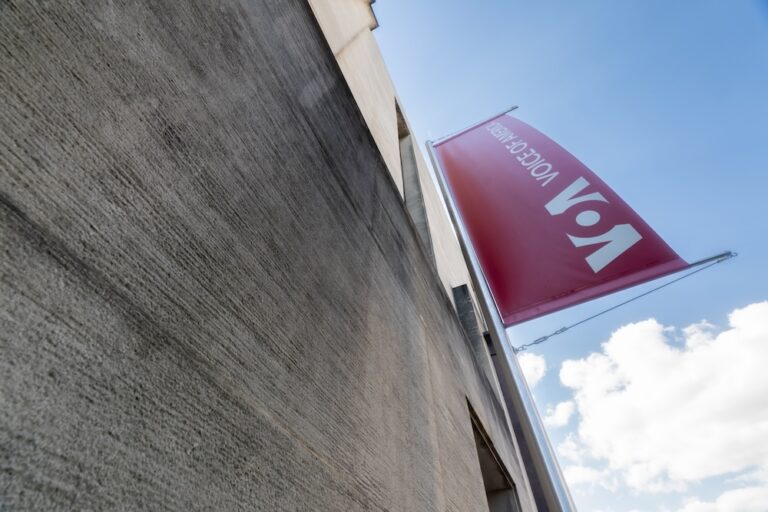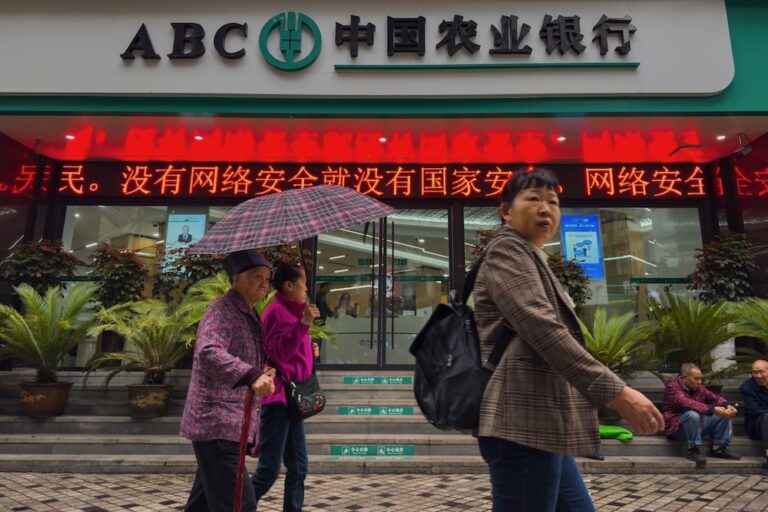(IFJ/IFEX) – The following is an IFJ media release: Foreign media ban in West Papua continues to obstruct press freedom The International Federation of Journalists (IFJ) has written to the Indonesian Government demanding the removal of the ban on foreign media in West Papua immediately. The IFJ is concerned over the stance taken by Indonesian […]
(IFJ/IFEX) – The following is an IFJ media release:
Foreign media ban in West Papua continues to obstruct press freedom
The International Federation of Journalists (IFJ) has written to the Indonesian Government demanding the removal of the ban on foreign media in West Papua immediately.
The IFJ is concerned over the stance taken by Indonesian Minister of Defence, Juwono Sudarsono, claiming the ban on all foreign media, churches and non-governmental organisations (NGOs) is required for fear their presence in West Papua would “encourage Papuans to campaign on issues of human rights”.
The ban has prevented any foreign journalist from having official access to the region in the past eighteen months, severely restricting the media’s ability to tell the West Papua story. There is also the concern that the foreign media ban is a direct attempt to conceal human rights abuses from the world.
The restrictions on foreign media are in direct opposition to Indonesia’s obligations since ratifying the International Covenant on Civil and Political Rights. Article 19 recognises the right to “seek, receive, and impart information and ideas through any media regardless of frontiers.”
“Restrictions on foreign journalists represent a blatant violation of this right and seriously curtail the ability of the world’s media to report in West Papua,” said IFJ president Christopher Warren.
“An independent and free media is essential to ensure democracy,” said Warren.
“The silencing and censoring of the media will only fuel misinformation and foster conditions for abuse, mistreatment and corruption,” said Warren.
“The denial of foreign media access to West Papua suggests an attempt to conceal human rights abuses,” said Warren.
The IFJ is calling on the Indonesian Government to lift the ban as was done in Aceh after the December 2004 Indian Ocean tsunami. A free and independent media in Aceh allows the media to fulfil its job as the people’s watchdog against corruption, human rights abuses, mistreatment and political and corporate mismanagement.
Greater public scrutiny of the region is needed to minimise social, cultural, political, human rights and environmental abuses by the military, local government or corporations.
The president of IFJ’s affiliate in Indonesia, Alliansi Jurnalis Independen (AJI), Heru Hendratmoko, said: “AJI will never agree with any policy on media banning . . . We have to respect the people’s rights wherever they live, including people in West Papua, to get access for information. So let journalists work freely there.”
The IFJ represents over 500,000 journalists in more than 100 countries.


